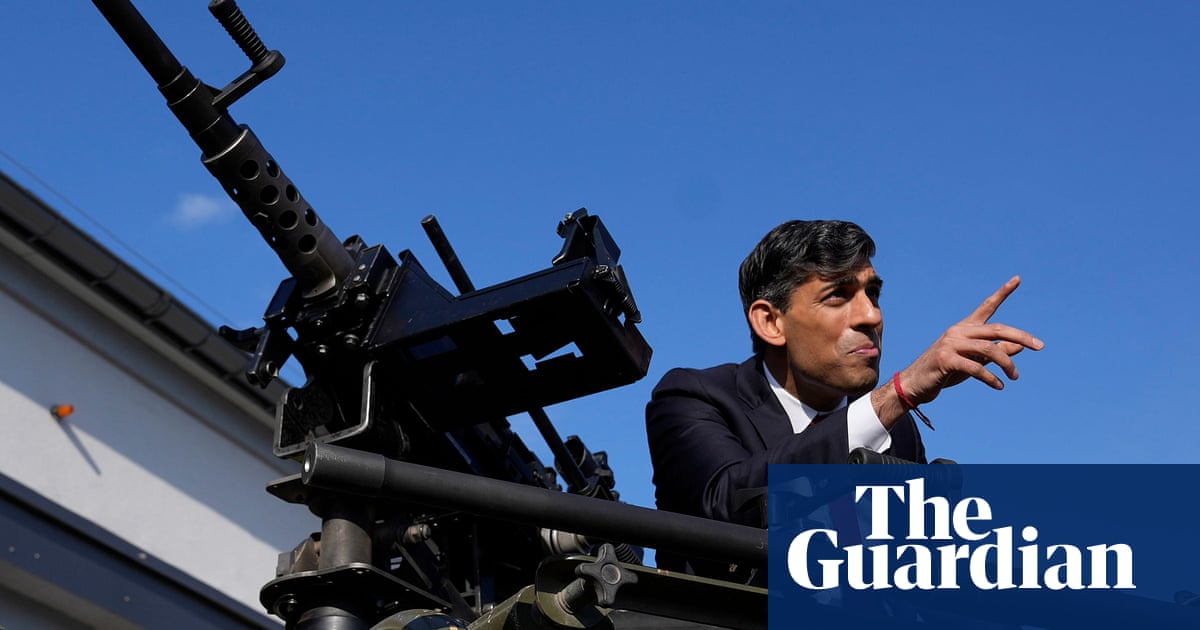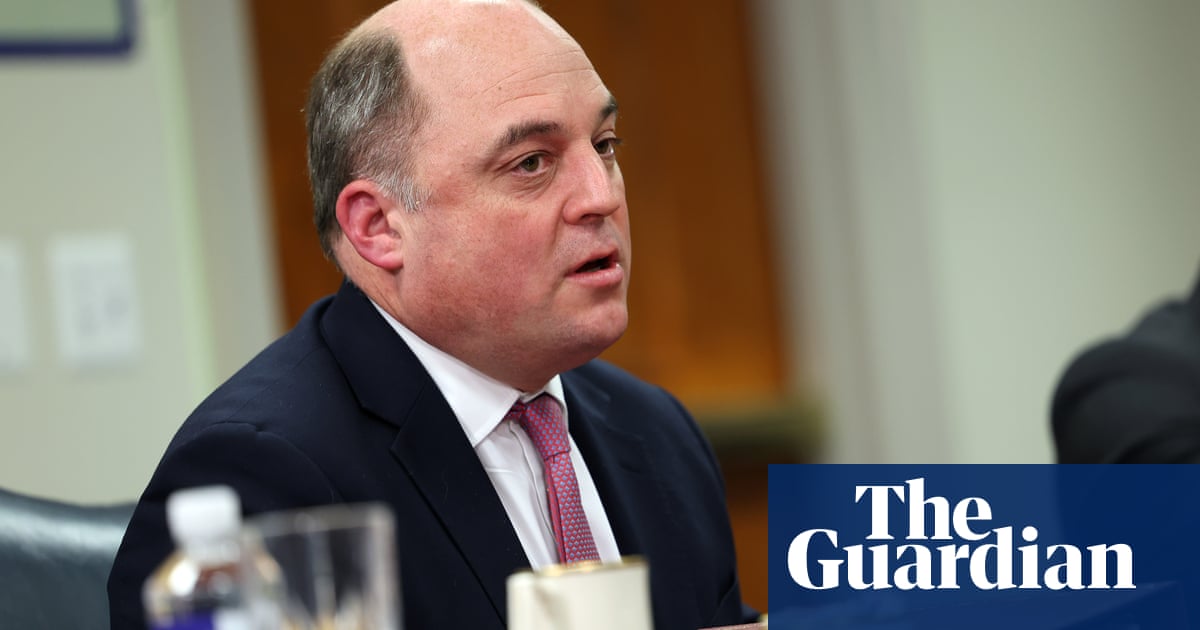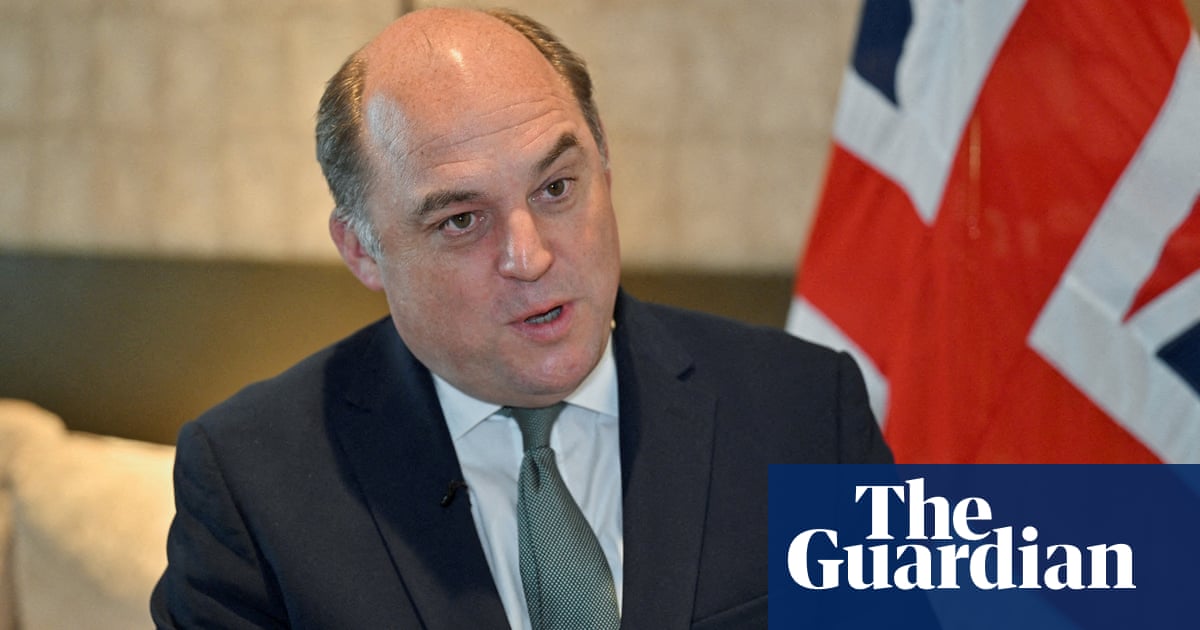
Ben Wallace has reportedly written to the prime minister to call for the defence budget to be lifted to 2.5% of GDP by 2028, as newly released figures from Nato show the proportion spent by the UK has fallen for a second year running.
The defence secretary also called for increases in personnel numbers, despite recent cuts to the army, and warned of future shortfalls in naval and air force crews, as well as in long range rocket artillery.
The leaked request, first reported by Talk TV, emerged on the eve of the Nato summit in Madrid, which will discuss the renewed threat posed by Russia and the anticipated commitment of hundreds more British troops to the defence of Estonia.
A defence source said “we do not comment on alleged leaks”, but added that “the defence secretary and the prime minister have always said that the government will respond to any changes in threat, which is why in 2020 the Ministry of Defence received a record defence settlement”.
Ministers announced a £16.5bn cumulative increase in defence spending for the four years from April 2021, but experts have already warned that rising inflation means that increases will be eroded in real terms during the rest of the parliament.
New figures released by Nato on Monday also showed that Britain is projected to spend 2.12% of national income on defence in 2022, above the alliance’s 2% target but below the 2.26% spent in 2021 and 2.3% in 2020.
During the Nato summit, the UK is expected to confirm it will commit up to 1,000 more soldiers to help protect Estonia, on top of 1,700 stationed there. It is part of a wider Nato policy to increase the forces committed to defend frontline states in eastern Europe to the size of a brigade.
Although Russia invaded Ukraine in February, and the UK has been at the forefront of giving weapons to Kyiv such as M270 rocket artillery and NLAW anti-tank bazookas, no increase in the defence budget was announced in Rishi Sunak’s spring statement or since.
Wallace has been pushing for a budget increase for several months. The minister wrote to the chancellor on 11 March to warn that without further increases Britain risked falling below the 2% minimum level by 2025.
But there is a longstanding concern in the Treasury that the MoD frequently wastes money on costly procurements, and the public accounts committee said last November that it was unclear what extra capability the UK would get from the extra £16.5bn that had already been committed.
Labour said it would support plans to increase defence spending in response to Russia’s attack on Ukraine – and accused the Conservatives of presiding over ill-timed cuts to the military, including a commitment made in March last year to reduce the size of the British army by 9,500 by 2025.
John Healey, the shadow defence secretary, said: “Labour has argued for months that ministers should reboot defence plans in response to Ukraine, but the government has kept saying Putin’s illegal invasion proved their defence plans for fewer troops, planes, and ships were right.”
Britain expects to spend £32.4bn on day-to-day defence needs in the current year, 2022/23, plus a further £15.8bn on capital – meaning that any uplift to 2.5% would mean an increase of billions more.












